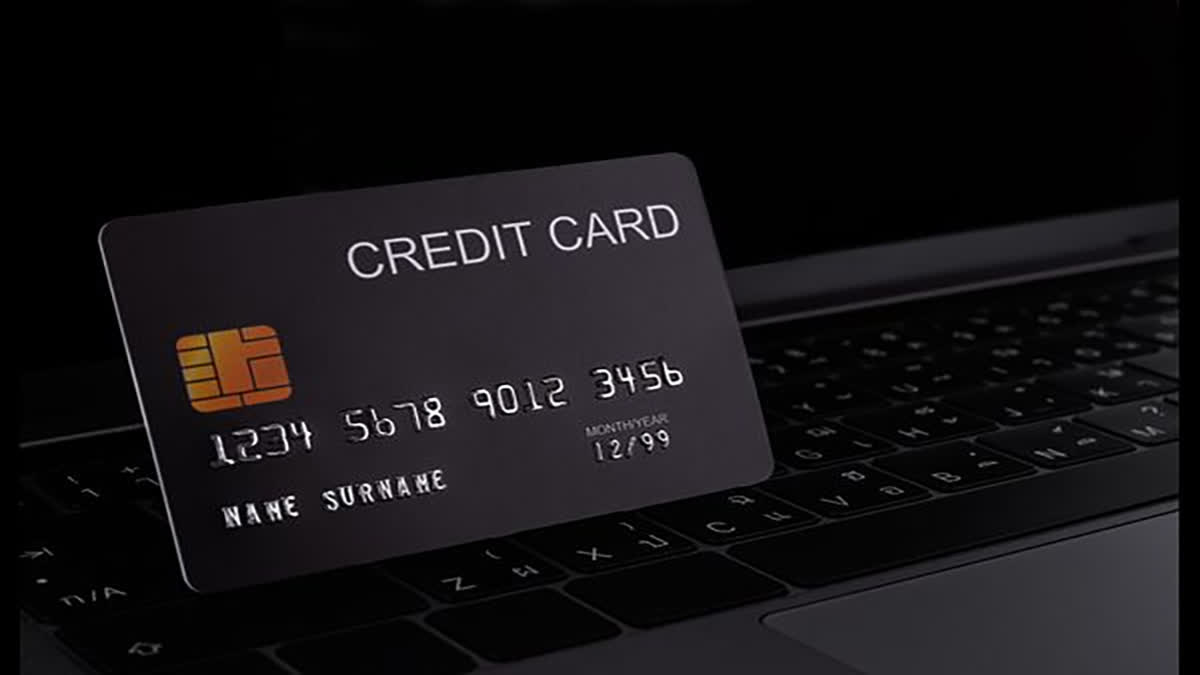Credit card details are highly valuable, confidential, and sensitive. Fraudsters and hackers always look for ways to access these details and cause an identity or financial theft. Therefore, sharing your credit card freely with anyone is not safe. As an individual or business owner, you must understand the dos and don’ts of storing credit card information to prevent fraud and data breaches.
Dos of Storing Credit Card Information
- Limit Access: Limiting access to sensitive credit card details is essential to keeping them secure. Not everyone needs access to this information, so make it accessible to only a few authorised people. This is a crucial step to minimising the chances of insider threats. Moreover, it sets a clear protocol for who, why, and when someone can access your credit card information.
- Check for a Valid Safety License: Most safe ecommerce sites have safety licenses to ensure the security of online customers. These licenses and certificates vary for all countries and regions. Before transacting online or saving your credit card information, check the applicable safety license in the area. It is a crucial factor to ensure the security of your credit card information.
- Encrypt Data: Data encryption is crucial in securing credit card information. It is an advanced method that ensures the transmission of your sensitive data takes place in an unreadable format that no one can decipher without a decryption code. It secures data both at rest and in transit. Therefore, it is advisable to use encryption to protect credit card details when storing or transmitting them.
- Use Tokenisation: It is an effective method to protect free credit card information. It replaces your credit card details with a unique identifier or token, reducing the risk of data breach by not storing the data on the merchant’s system. Even if a data breach happens, the stolen information is useless for the hackers.
- Use Multi-Factor Authentication: This ensures limited personnel access to credit card details. The method involves a combination of multiple authentication factors, including a password, token, or biometric data. It adds an extra layer of security, making credit card details inaccessible to hackers.
Don’ts of Storing Credit Card Information
- Do Not Overlook Phone Security: If you make payments over the phone, ensure it is done through a secure line and that the messages go into a secured vault. Avoid using a local line to make payments without security.
- Do Not Store Information in Plain Text: Storing information in plain text is a major security risk. Such information is easy to read and access, making it easier for hackers to access. Therefore, memorise any important information, such as PIN or security questions and answers, to ensure security.
- Do Not Use Remote or Proxy Applications: When saving your credit card details for future use, ensure protection through a safe virtual environment. Immediately cancel the transaction if the payment gateway or merchant’s site demands switching the proxy network. A secure merchant never prompts its consumers to a directed platform for transactions. Similarly, avoid using a remote access application to share sensitive information. It poses a high risk to credit card information and makes it vulnerable to hackers.
Must Read: What's the Difference Between Credit Cards and Debit Cards?
- Do Not Store Information Unnecessarily: Only store the information necessary for payment processing. Providing unnecessary details increases the risk of data access. Therefore, only the information needed to process payments must be collected and stored.
- Do Not Share Information: Never share your credit card information through phone, email, or other communication channels. It is a significant security risk, as someone in the line may access and misuse it. Use secure communication mediums to share these details, such as secure file transfers and encrypted emails.
- Do Not Use Easy Passwords: Hackers can easily break or guess weak passwords. Therefore, use strong passwords that are hard to crack, using a combination of numbers, symbols, alphabets, and capital letters. Furthermore, use unique passwords for each card and change them regularly.
- Do Not Use a Public Network for Sharing Information: Public Wi-Fi networks at markets, coffee shops, railway stations, metro stations, airports, etc., never guarantee safety and authenticity. So, using them to save sensitive credit card information is never recommended. Similarly, using a limited access home Wi-Fi may expose your information to someone you don't trust. A little caution goes a long way to ensure your data safety against imposters and hackers.
Understanding what a credit card is and how it works is vital to ensure safety when transacting. The dos and don’ts mentioned here are essential when storing credit card information online. Therefore, consider them the next time you store your card details at a merchant website. Always store information at a safe merchant site while considering the above dos and don'ts.



